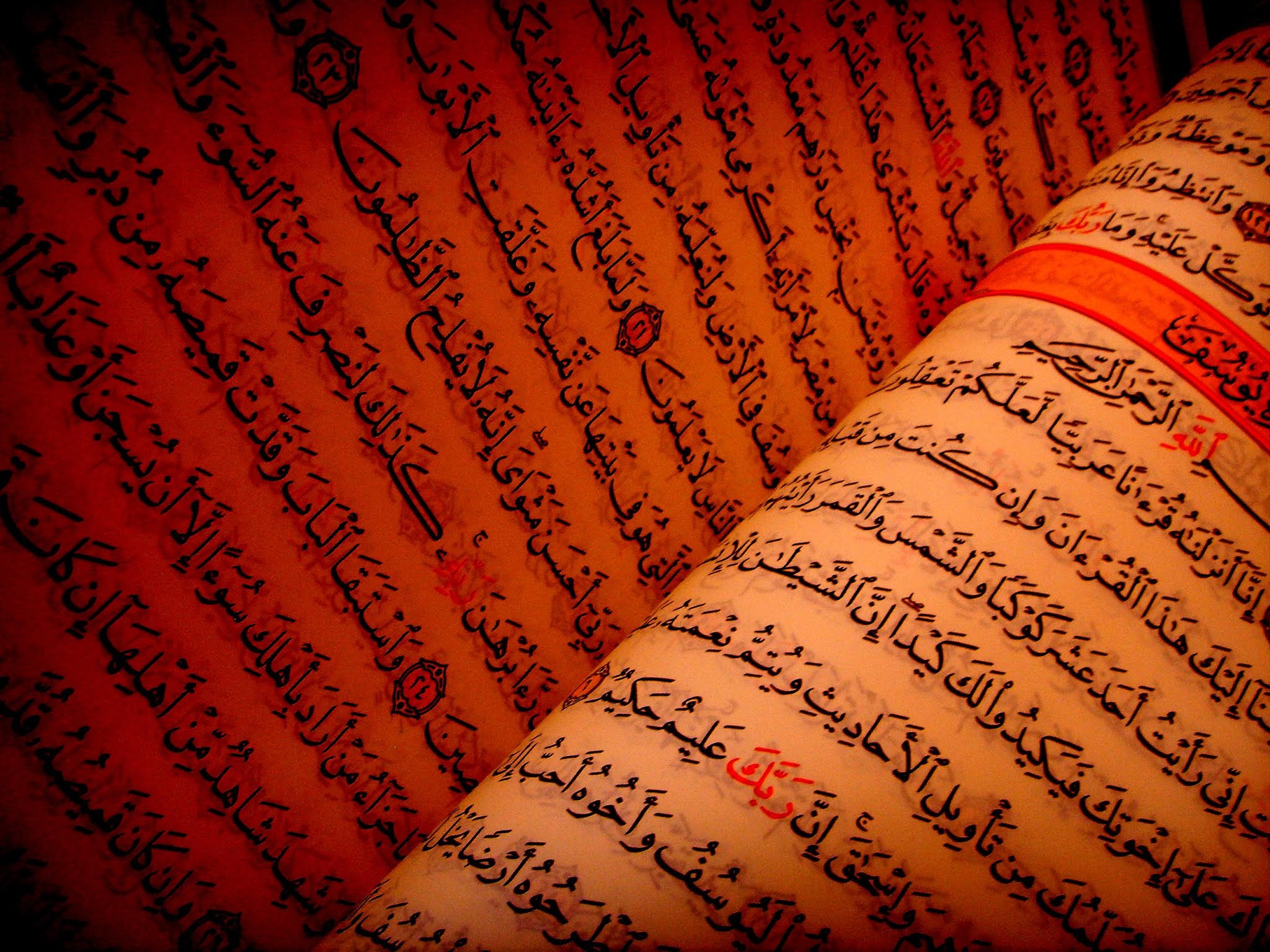The Prophet (s.a.w.) Never Circumcised His Daughters

بِسۡمِ ٱللهِ ٱلرَّحۡمَـٰنِ ٱلرَّحِيمِ The Prophet ( s.a.w. ) never circumcised any of his daughters. Whoever says it is a sunnah is greatly mistaken.
This is a record of my journey as a Muslim. I used to be Catholic and belonged to a missionary organisation. After my conversion, I sat on the board of a Muslim converts' organisation and specialised in da'wah programmes, convert management, interfaith issues and apostasy cases. I am an initiate of a Sufi order. As such, the articles and writings tend to cover these areas.
















